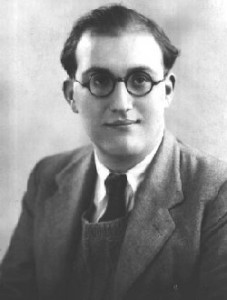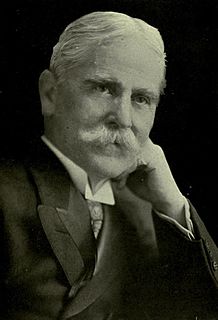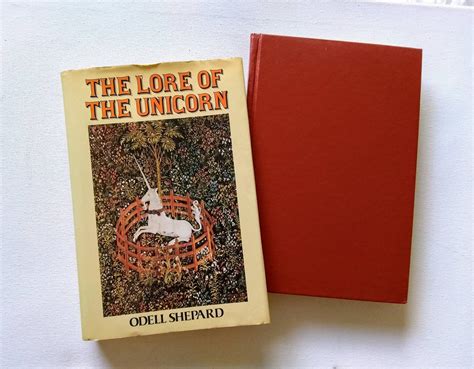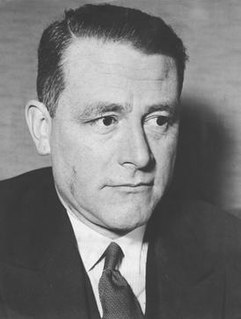A Quote by Charles Churchill
This a sacred rule we find
Among the nicest of mankind,
(Which never might exception brook
From Hobbes even down to Bolingbroke,)
To doubt of facts, however true,
Unless they know the causes too.
Related Quotes
All ancient books which have once been called sacred by man, will have their lasting place in the history of mankind, and those who possess the courage, the perseverance, and the self-denial of the true miner, and of the true scholar, will find even in the darkest and dustiest shafts what they are seeking for,-real nuggets of thought, and precious jewels of faith and hope.
Since the fabric of the universe is most perfect and the work of a most wise Creator, nothing at all takes place in the universe in which some rule of maximum or minimum does not appear ... there is absolutely no doubt that every affect in the universe can be explained satisfactorily from final causes, by the aid of the method of maxima and minima, as it can be from the effective causes themselves ... Of course, when the effective causes are too obscure, but the final causes are readily ascertained, the problem is commonly solved by the indirect method.
Nobody is fit to rule anybody else. It is not alleged that Mankind is perfect, or that merely through his/her natural goodness (or lack of same) he/she should (or should not) be permitted to rule. Rule as such causes abuse. There are no superpeople nor privileged classes who are above 'imperfect Mankind' and are capable or entitled to rule the rest of us. Submission to slavery means surrender of life.
Many, and I think the determining, constitutive facts remain outside the reach of the operational concept. And by virtue of this limitation this methodological injunction against transitive concepts which might show the facts in their true light and call them by their true name the descriptive analysis of the facts blocks the apprehension of facts and becomes an element of the ideology that sustains the facts. Proclaiming the existing social reality as its own norm, this sociology fortifies in the individuals the "faithless faith" in the reality whose victims they are.
But I never looked like that!’ - How do you know? What is the ‘you’ you might or might not look like? Where do you find it - by which morphological or expressive calibration? Where is your authentic body? You are the only one who can never see yourself except as an image; you never see your eyes unless they are dulled by the gaze they rest upon the mirror or the lens (I am interested in seeing my eyes only when they look at you): even and especially for your own body, you are condemned to the repertoire of its images.
Truths emerge from facts, but they dip forward into facts again and add to them; which facts again create or reveal new truth (the word is indifferent) and so on indefinitely. The 'facts' themselves meanwhile are not true. They simply are. Truth is the function of the beliefs that start and terminate among them.
Progress is achieved by exchanging our theories for new ones which go further than the old, until we find one based on a larger number of facts. ... Theories are only hypotheses, verified by more or less numerous facts. Those verified by the most facts are the best, but even then they are never final, never to be absolutely believed.







































